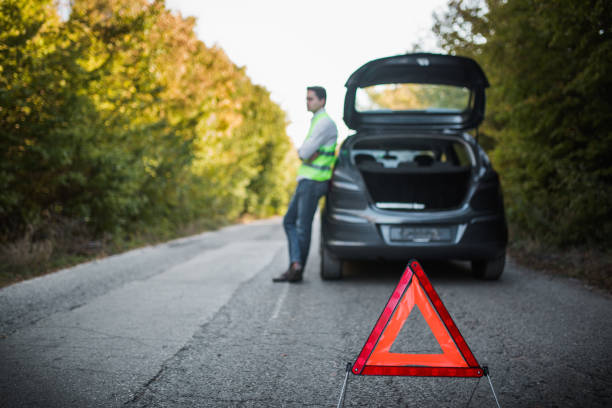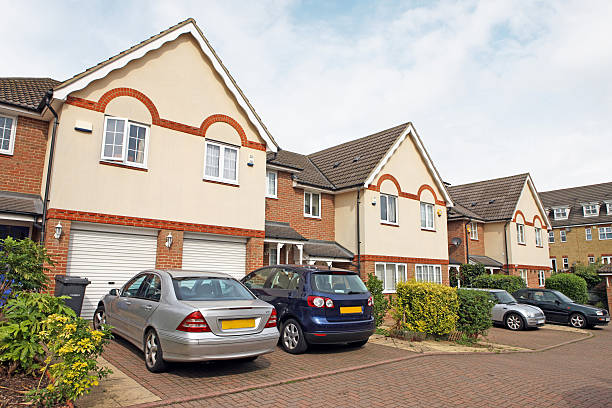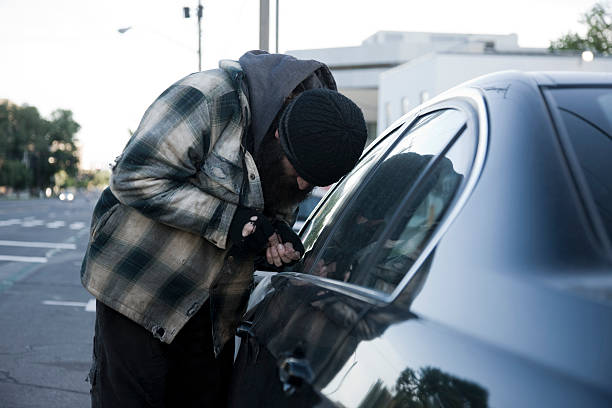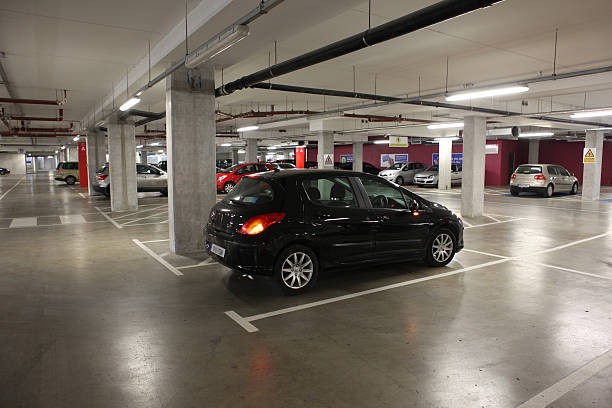Can I Drive My Parents’ Car Without Insurance?
Can I drive my parents’ car without insurance? Driving a car without insurance can have serious legal and financial consequences.
Many individuals wonder if they can drive their parents’ car without insurance coverage.
While it may seem convenient to borrow a family member’s vehicle, it is crucial to understand the implications and potential risks involved in driving an uninsured car.
This article aims to shed light on the topic, providing insights into the potential risks of driving your parents’ uninsured car and steps to ensure adequate insurance coverage for driving your parents’ car.
Also Read:
Does Car Insurance Cover Non-Accident Repairs?
Do Car Dealerships Offer Temporary Insurance?
Can I Drive My Parents’ Car Without Insurance?
Driving your parents’ car without insurance is a risky proposition that can have severe legal and financial consequences.
While it may be tempting to borrow their vehicle, it’s essential to understand the potential implications before hitting the road.
First and foremost, it’s crucial to recognize that insurance is not tied to the driver alone but rather the vehicle itself.
Most countries require vehicles to have a minimum level of insurance coverage to protect against accidents and property damage.
Driving an uninsured vehicle, including your parents’ car, typically violates these legal requirements.
By driving without insurance, you expose yourself to various risks. In the event of an accident, you may be held personally liable for any injuries or damages caused.
This can lead to substantial financial burdens, including medical bills, property repairs, and legal expenses.
Furthermore, if you are at fault in an accident and cannot afford to cover the costs, you may face legal consequences, such as fines, license suspension, or even imprisonment.
To avoid these risks, it is crucial to ensure proper insurance coverage before driving your parents’ car.
Depending on the circumstances, you may be able to add yourself as a named driver on their policy or explore other options such as temporary insurance coverage or non-owner car insurance.
Ultimately, driving your parents’ car without insurance is a precarious choice.
It is in your best interest to comply with the legal requirements and protect yourself by obtaining the appropriate insurance coverage before operating any vehicle, including one owned by your parents.
Potential Risks of Driving Your Parents’ Uninsured Car
Driving your parents’ uninsured car can expose you to a range of potential risks that can have significant consequences.
It’s essential to understand and acknowledge these risks before deciding to operate a vehicle without proper insurance coverage.
One of the most prominent risks is the potential for financial liability.
If you were to be involved in an accident while driving an uninsured car, you could be personally responsible for covering the costs of damages, medical expenses, and legal fees.
These expenses can quickly add up and place a substantial burden on your finances, potentially leading to long-term financial hardship.
Additionally, driving an uninsured car can have legal ramifications.
Most jurisdictions require vehicles to have a minimum level of insurance coverage, and driving without it is often considered a violation of the law.
If you are caught driving without insurance, you may face penalties such as fines, license suspension, or even legal charges.
These consequences can have a long-lasting impact on your driving record, insurance premiums, and overall reputation.
Moreover, operating an uninsured vehicle leaves you vulnerable in the event of an accident caused by another driver.
Without insurance coverage, you may struggle to receive compensation for your injuries or damages, which can result in prolonged legal battles and financial setbacks.
To mitigate these risks, it’s crucial to ensure that any vehicle you drive, including your parents’ car, is adequately insured.
This can be achieved by adding yourself as a named driver on their policy or exploring alternative options such as temporary insurance coverage or non-owner car insurance.
Overall, driving your parents’ uninsured car exposes you to various potential risks, including financial liabilities, legal consequences, and difficulties in receiving compensation.
It is in your best interest to prioritize your safety and financial well-being by ensuring proper insurance coverage before operating any vehicle.
Steps to Ensure Adequate Insurance Coverage for Driving Your Parents’ Car
To ensure adequate insurance coverage when driving your parents’ car, it is important to follow specific steps that will help protect you legally and financially.
By taking the following measures, you can mitigate potential risks and drive with peace of mind.
1. Check the Existing Insurance Policy
Start by reviewing your parents’ current insurance policy.
Verify whether it allows for additional drivers or if you need to be added as a named driver.
Contact the insurance provider directly to clarify any uncertainties and ensure you have the necessary coverage.
2. Add Yourself as a Named Driver
If required, request to be added as a named driver on your parents’ insurance policy.
This step will ensure that you are specifically covered under the policy when driving their car.
Keep in mind that adding an additional driver might lead to an increase in premiums, so discuss the potential cost implications with your parents.
3. Explore Non-Owner Car Insurance
If you frequently drive your parents’ car but are not listed as a named driver on their policy, consider obtaining non-owner car insurance.
This type of insurance provides liability coverage when driving vehicles you do not own.
Non-owner insurance can be an effective solution if you frequently borrow cars from different sources.
4. Temporary Insurance Coverage
If you only need insurance for a short period, such as during visits or vacations, temporary insurance coverage might be a suitable option.
Temporary insurance provides coverage for a specific duration, ensuring you are adequately insured during that period.
5. Consider Umbrella Insurance
In certain cases, it might be beneficial to have umbrella insurance.
This type of policy provides additional liability coverage that extends beyond the limits of your parents’ car insurance.
Umbrella insurance can offer extra protection in situations where the existing policy falls short.
Remember, it is essential to communicate openly with your parents and their insurance provider to ensure you have the necessary coverage.
By taking these steps, you can drive your parents’ car with confidence, knowing that you are adequately insured in case of any unforeseen incidents.
Also Read:
What Happens If a Stolen Car Is Found After Insurance Payout?
What Happens If You Crash a Rental Car Without Insurance?
Conclusion
Driving your parents’ car without insurance is a risky and ill-advised choice. Doing so can lead to severe legal and financial consequences.
It is crucial to understand that insurance is tied to the vehicle, not the driver, and most jurisdictions have legal requirements for minimum insurance coverage.
To protect yourself, it is essential to ensure adequate insurance coverage by adding yourself as a named driver on their policy or exploring other options.
Prioritizing your safety and adhering to legal obligations is paramount when driving any vehicle, including one owned by your parents.







